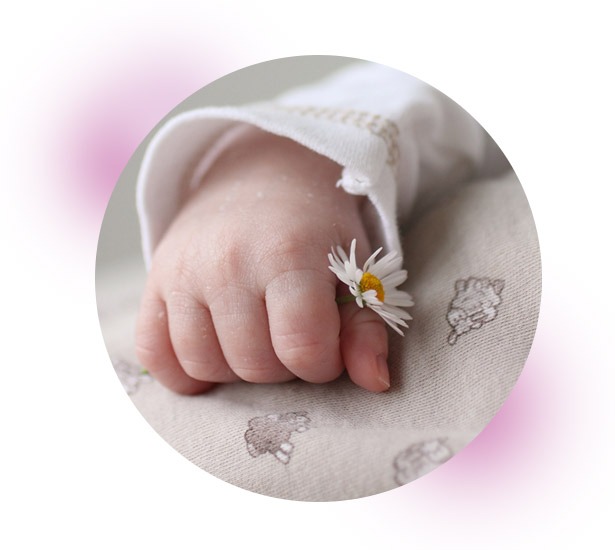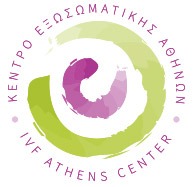
Ovarian Stimulation
Ovarian stimulation using pharmaceutical medication is a customized treatment for each couple in order to achieve the best possible results and to avoid complications.
Women who follow an ovarian stimulation program continue their daily activities normally. Controlled ovarian stimulation is achieved with the application of a special stimulation protocol, the choice of which is tailor-made to fit the couple’s needs.
In general, the drugs used in ovarian stimulation protocols are:
- Gonadotropins, which stimulate the ovaries, are administered in the form of injections (usually subcutaneously, on the abdomen or the thigh with a small insulin-type needle, etc.), around the same time every day, while the dosage (how many ‘units’ of the medication) is adjusted depending on the woman and according to the progress of each cycle.
There are various gonadotropin medications depending on different hormones (FSH, LH, or a combination of them) and their origin (recombinant or human / purified).
- Analogues of GnRH, Gonadotropin-Releasing Hormone, which stimulates the release of gonadotropins. The administration of these substances achieves suppression of endogenous gonadotropins in women, (those which her own body produces). This supression allows us to have full control of the situation (since we can adjust the stimulation with gonadotropin injections), and also ensures us that a sudden increase in endogenous LH will not occur. In such a case, the sudden increase would result in a mistimed ovulation and thus inevitable cancellation of the effort.

There are two basic types of GnRH analogues (agonists and antagonists), which differ in the length of time needed to achieve the desired suppression. The analogues are administered daily at about the same time, in the form of subcutaneous injections, or rarely as inhaled drugs.
- Human Chorionic Gonadotropin- hCG (again human or recombinant), is injected with a single dose at the right time (depending on the development of follicles and the anticipated time of oocyte retrieval) and induces final follicular maturation and ovulation.
There are several protocols of controlled ovarian stimulation, which differ as to when to start hormonal suppression with the administration of analogues, such as:
- The long protocol, where we begin the daily injections of the analogue from the previous stimulation cycle (around seven days before the expected first day of the period) and after the starting of the period (since the success of suppression is confirmed by measuring estradiol blood levels) we can begin ovarian stimulation by administering gonadotropins.
- The short protocol, where we begin the analogue injections on day 2 of the period and the next day (the 3rd day of the period) we also start gonadotropin injections.
- The antagonist protocol, where we first start gonadotropin injections on day 2 of the period and continue by adding the antagonist injections when developing follicles have a mean diameter of 14-15 mm, which is about the 6th-7th day of stimulation.
For any woman undergoing ovarian stimulation, the close monitoring by the attending physician with successive ultrasounds and measurements of blood estrogens is absolutely crucial.
Frequently Asked Questions about
IVF Medication
What is the cost of the IVF medication?
The required medication which is used in the Assisted Reproduction Therapies has a significantly high cost and consequently, many times the couples are concerned about this extra cost. However, through the ΕΟΠΥΥ (National Organization of Health Services Provision), each insured woman can be provided with these medical supplies free of charge, after applying to a special Committee.
What are the side effects of the IVF medication?
In the majority of women who take medication for ovarian stimulation in order to attempt an IVF cycle, the hormone intake does not cause any special problem. A small percentage of women may develop slight swelling or small retention, which are bearable symptoms of no significant evaluation.
Cancer and IVF medication
The association of IVF medication with the risk of cancer development is the greatest concern of the women who participate in these programs. However, a great wealth of bibliography references which have been collated from reliable scientific studies and have been published in prestigious medical journals globally are reassuring and do not verify such worries.
We are here to answer any questions and discuss with you.




